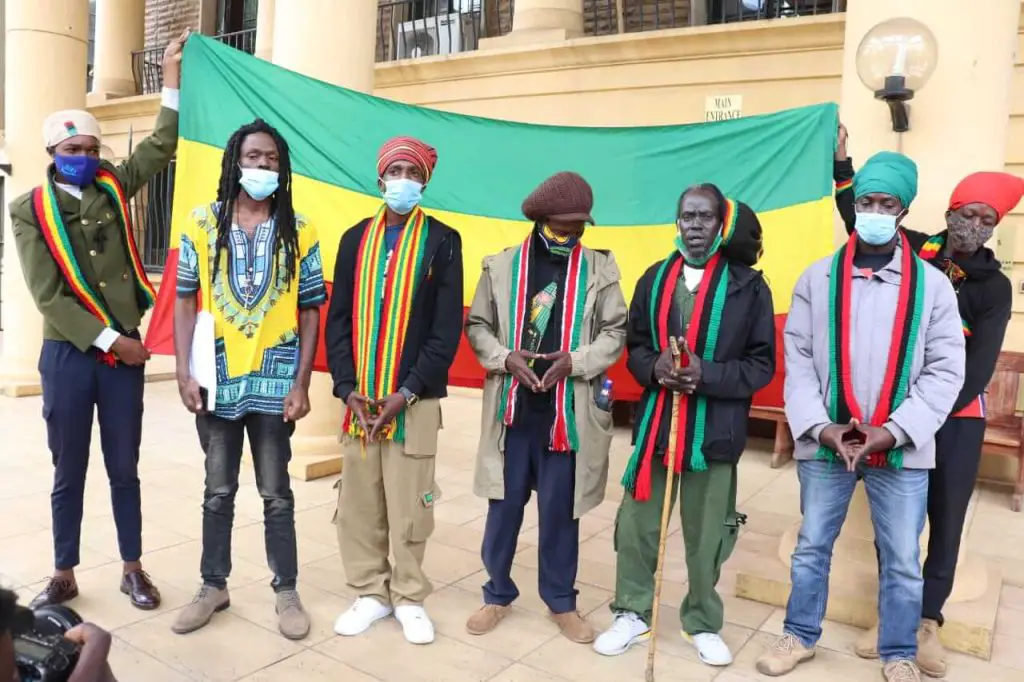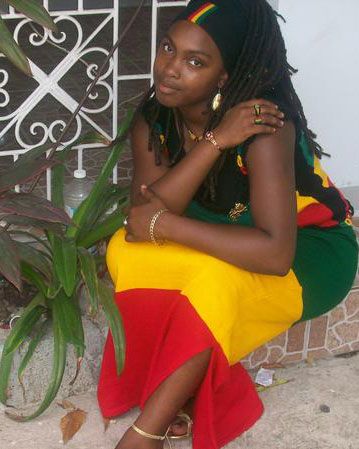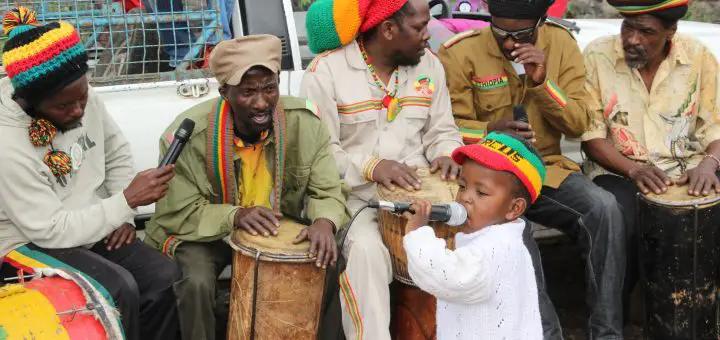The world continues to embrace the Rastafarian way, and that has many asking a variety of questions. Is Rastafarian a religion? Is Rastafarian a Lifestyle?
Truthfully, the pendulum swings both ways when it comes to Rastafarian. At the core of Rastafarian, the genesis was as a religion and political movement. However, it’s evolved to become a way of life for millions worldwide.
Stick around and let’s learn more about Rastafarian from principles and practices to dressing and beliefs.
Understanding the Rastafarian Way

In the 1930s, Rastafarian was born in Jamaica as a religion and political movement. It’s an Abrahamic religion that’s based on a unique interpretation of the Bible.
Interestingly, no individual is in charge of Rastafarian globally.
Rastas have a monotheistic belief, that is worshiping only one God. Central to the religion is King Haile Selassie, the first emperor of Ethiopia whom many consider the second coming of Jesus. His pre-coronation name, Ras Tafari, was the origin of the religion’s name.
Jamaicans originate from Africa and were taken as slaves in the 1600s to the West Indies. At the time, they were forced to convert to Christianity by missionaries and their masters.
Religious leaders of the time and slave masters used a misinterpreted version of the King James Bible to justify slavery.
The poor Afro-Jamaican communities in the 1930s gave rise to Rastafarianism which led to the rise of powerful black nationalists such as Marcus Garvey.
Rastas are adamant that each person must come to learn the real meaning of the scriptures by getting close to Jah.
Some parts of the Bible, for example, Leviticus, that admonishes cutting hair have more emphasis in the religious movement.
Rastafarians took a political stance from the beginning, encouraging more resistance to the British colonial rulers.
In addition, Rastas were in support of the Pan-African movement as many African countries sought to get independence. It continues to change and evolve, with even some disparaging the term ‘Rastafarianism’.
Also Check: 10 Rastaman Beliefs You Should Know
Is Rastafarian a Lifestyle?

Frankly, it’s also correct to term Rastafarian as a lifestyle for many worldwide. A notable aspect is the style of hair and dressing.
Many Rastas grow long dreadlocks and smoke cannabis, especially during groundings or communal gatherings.
Regarding dressing, Rastas wear respectful clothing, and many opt for the main colors including red, green, black, and yellow. The colors also appear on the Rastafari flag.
Another key part of the Rastafarian lifestyle is a healthy indulgence of food and drink. Rastas eat healthy and many consider their bodies as temples worth respect and care.
That’s why they don’t drink alcohol or eat unhealthy food. The focus is mainly on raw and natural food that nourishes the body.
Final Takeaway
It’s safe to say Rastafarian is a religion that believes in a monotheistic God.
The creation of Rastafarian stemmed from a desire to move away from the misinterpretation of the King James Bible.
Slave masters in the 1600s and missionaries during British colonial rule relied on religion to keep Jamaicans in bondage.
While Rastafarian did originate in Jamaica, it’s not a global movement. Not only do people focus on the religious and political aspects, but there’s also a lifestyle that many embrace.

